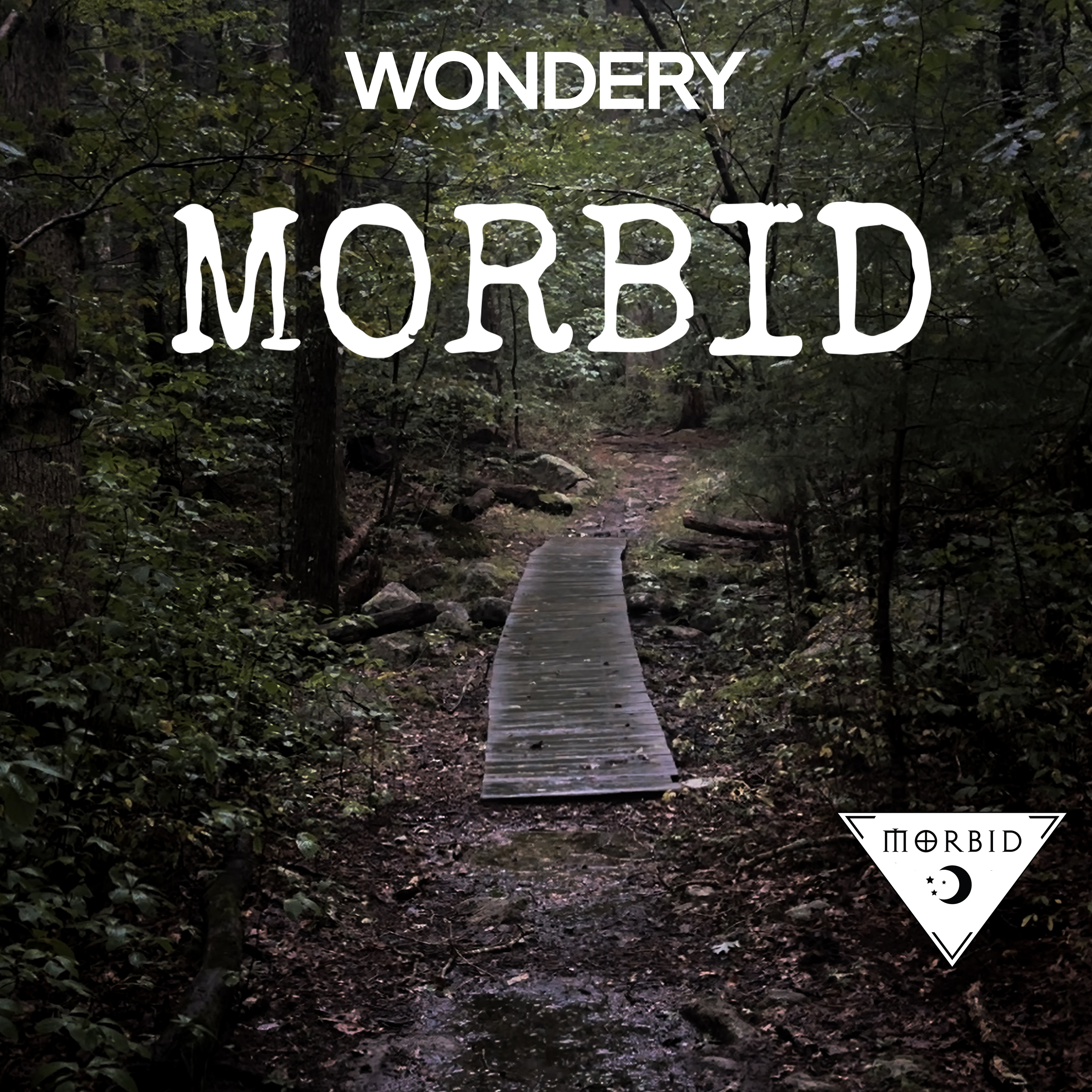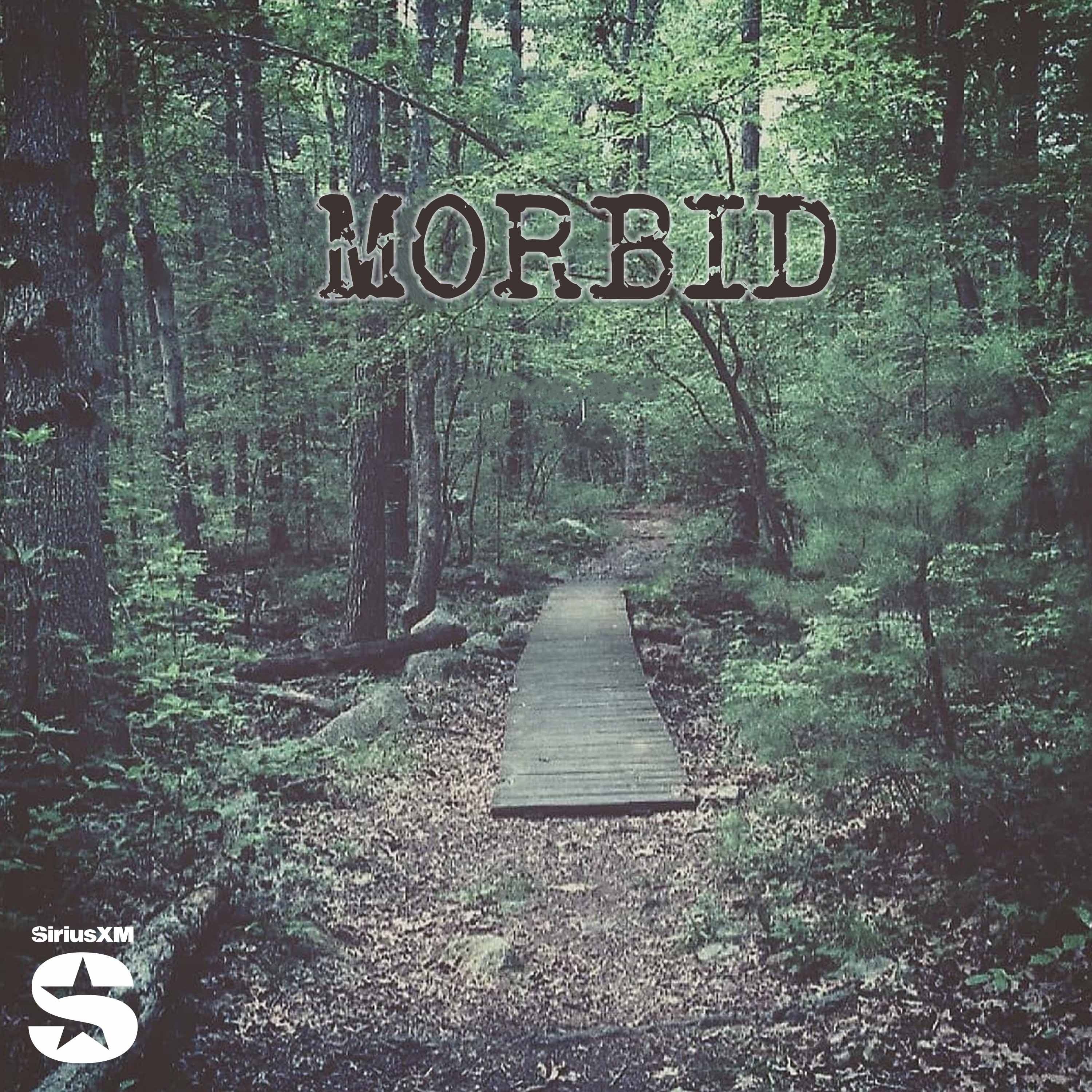Episode 693: Caryl Chessman: The Red Light Bandit
In early 1948, Los Angeles couples were terrorized by a series of robberies and car thefts committed by a criminal the press dubbed “The Red Light Bandit,” a reference to the red light he used to flag down his victims. Fortunately, the bandit’s crime spree was quickly cut short when police arrested Caryl Chessman, a Los Angeles resident with a criminal history going back to his teen years.
Chessman was charged with multiple counts of robbery, rape, grand theft, and because of an unusual interpretation of events, he was also charged with kidnapping. Due to the attachment of kidnapping, several of the charges were defined as a capital offense and Chessman was convicted and sentenced to death.
In the years following his conviction, Chessman’s death sentence became a source of considerable controversy—an already controversial sentence applied in a non-lethal case due to a bizarre application of the law. For ten years, Chessman fought the sentence all the way to the US Supreme Court, with support from a wide variety of sources, both notable and ordinary.
Thank you to the Incredible Dave White of Bring Me the Axe Podcast for research and Writing support!
References
Chessman, Caryl, and Joseph Longstreth. 1954. Cell 2455, Death Row: A Condemned Man's Own Story. New York, NY: Prentice Hall.
Erikson, Leif. 1960. "Chessman executed with a smile on his lips." Los Angeles Evening Citizen News, May 2: 1.
Los Angeles Evening Citizen News. 1948. "Mother on stretcher testifies for 'genius'." Los Angeles Evening Citizen News, May 10: 1.
—. 1948. "Wild chase nets 'Red Light Bandit' suspects." Los Angeles Evening Citizen News, January 24: 3.
Los Angeles Times. 1941. "Crime victims point to youths." Los Angeles Times, February 14: 2.
—. 1943. "Honor farm escapee says he only lost his memory." Los Angeles Times, September 5: 14.
—. 1948. "Red-Light Bandit receives two death sentences." Los Angeles Times, June 26: 17.
Pasadena Independent. 1948. "Red Light Bandit strikes again." Pasadena Independent, January 20: 8.
People v. Caryl Chessman. 1959. CR. 5006 (Supreme Court of California , July 7).
Press-Telegram. 1941. "Five bandit suspects held in shootings." Press-Telegram (Long Beach, CA), February 2: 1.
Ruth, David E. 2014. "'Our free society is worthy of better': Caryl Chessman, Capital Punishment, and Cold War culture." Law, Crime and History 31-55.
Time Magazine. 1960. "The Chessman affair." Time Magazine, March 21.
Times, Los Angeles. 1948. "Bandit using red spotlight kidnaps girl." Los Angeles Times, January 23: 19.
—. 1948. "Deasth asked in Bandit case." Los Angeles Times, May 19: 32.
Stay in the know - wondery.fm/morbid-wondery.
See Privacy Policy at https://art19.com/privacy and California Privacy Notice at https://art19.com/privacy#do-not-sell-my-info.
Press play and read along
Transcript
Transcript is processing—check back soon.

